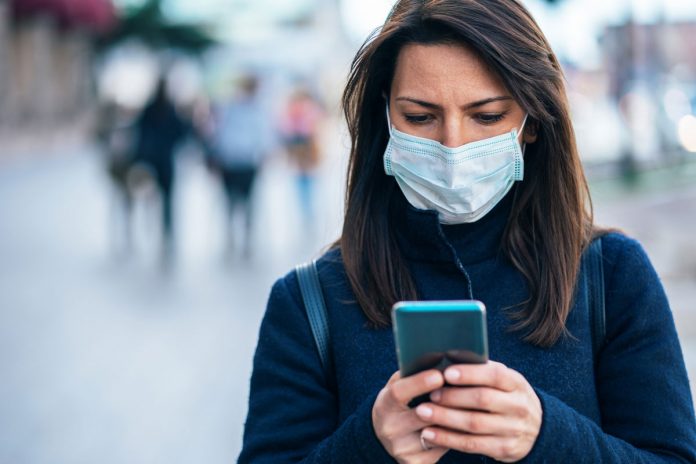Reports on social media usage indicate that it remains one of the most popular online activities for people around the world. Figures show that in 2020 there were more than 3.6 billion social media users worldwide, and expectations are that this number could climb to over 4.4 billion by 2025.
Topics trending on social media usually reflect the attitudes and perceptions of the public at any one time. During the ongoing COVID-19 crisis, social media messages are mirroring local community perceptions and suggestions about social distancing policies, self-isolation, quarantines, movement control, travel restrictions, lockdowns and other changes. A thorough analysis of such social media data helps us understand the community demands, issues, and reflections.
Researchers at the Queensland University of Technology in Australia have now shown that capturing and analyzing social media data during the crisis can help understand the thoughts, demands and issues in local communities, and help authorities frame effective policies. The study suggests that social media is also one of the best tools to encourage people to follow preventive measures and comply with safety restrictions outlined by authorities.
The university team in collaboration with researchers in Afghanistan, Iran and Italy, collected 96,666 geotagged tweets originating from Australia between 1 January and 4 May 2020, and analysed 35,969 of them after data cleaning to remove automated messages, irrelevant messages and web links. The scientists aimed to generate insights into how social media analytics can assist authorities in pandemic-related policy decisions.
Some of the most relevant characteristics of social media platforms during the pandemic has been the ability of many governments to leverage this media to disseminate health and safety protocols at regional, national, and international levels. Sharing protocols about treatment, personal protection equipment, or even proposals for fair allocation in scarce medical resource settings on social media have now become the new normal.
The study found social media analytics are a valuable tool in understanding the thoughts and actions of the public during a pandemic. Social media analytics can help assist policy- and decision-makers to review community perceptions about COVID-19, and identify the key requirements of the community to cope with the pandemic situation, said the researchers. They concluded that crowdsourced social media data should be leveraged to guide interventions and decisions of authorities during a pandemic.
The researchers said they also found that effective use by governments of social media channels, can help enhance public health education and awareness concerning social distancing restrictions and other measures or restrictions.

















